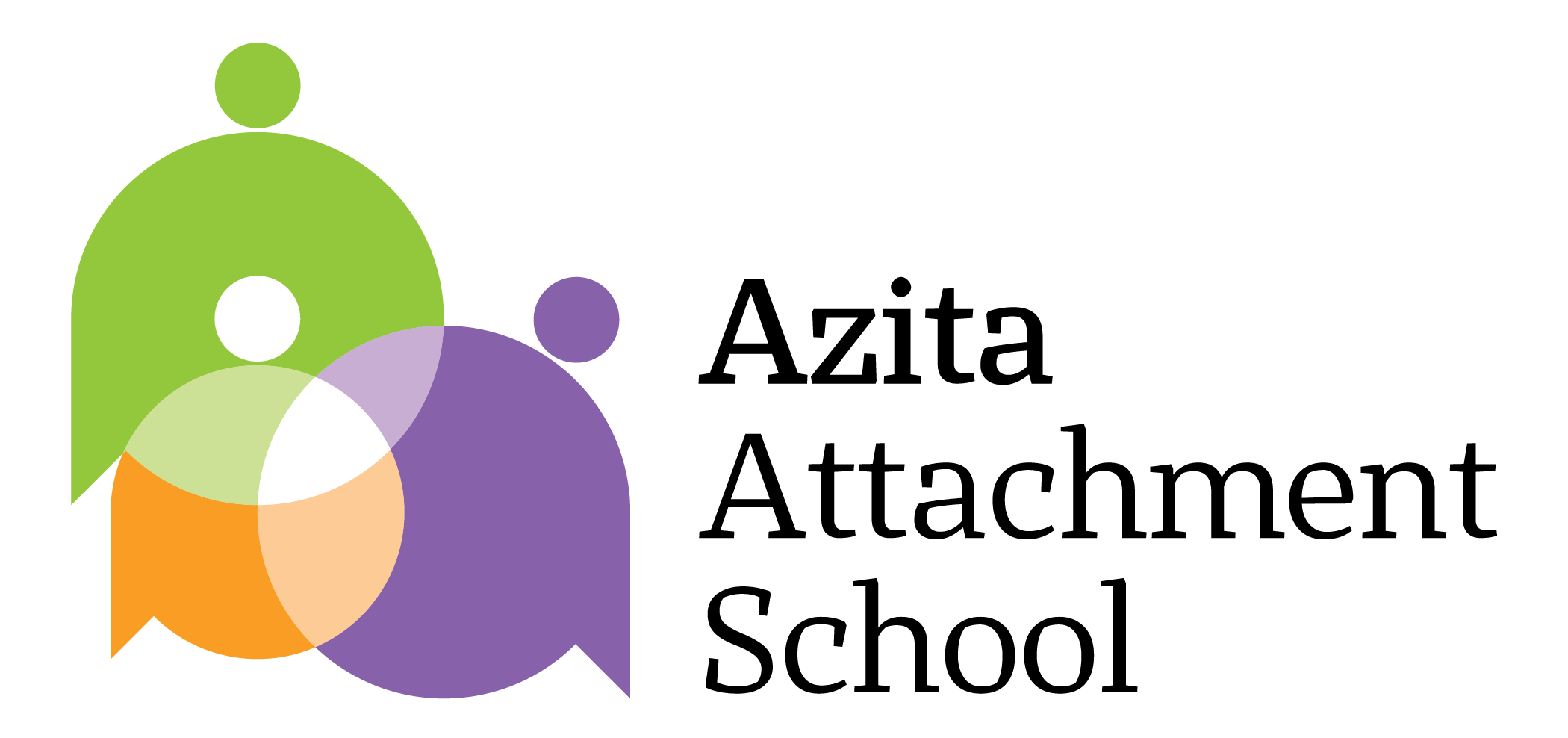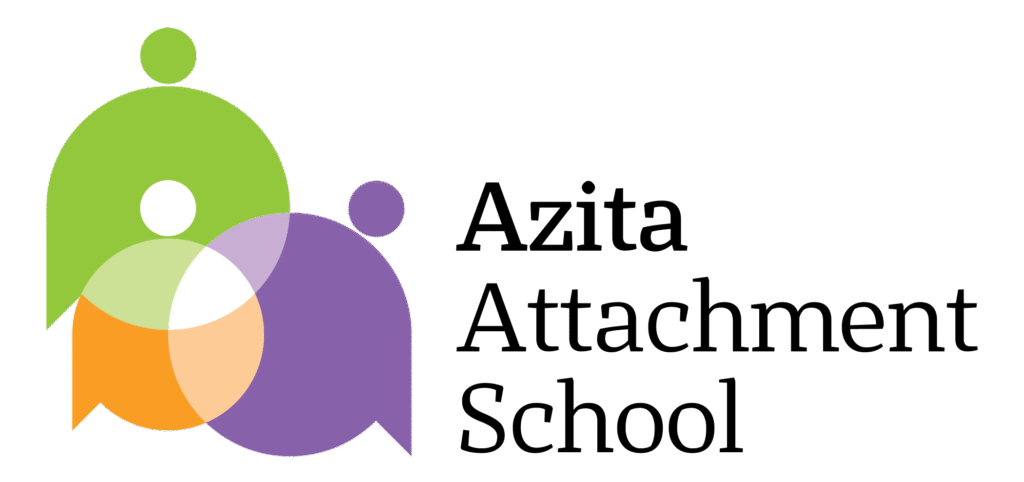Secure parenting during school means supporting children without stress or pressure. Learn from attachment theory, global research, case studies, and practical strategies.
Introduction
The start of the school year often brings both excitement and stress for families. Parents worry about their children’s success, while students face new academic demands and social challenges. In such times, children need one thing above all: a secure parent.
A secure parent is not one who demands perfection but one who offers emotional safety and consistent support. Research shows that children with secure parents experience less school anxiety and develop greater intrinsic motivation to learn.
Historical Background and Research
- Attachment Theory (John Bowlby, 1969): Children explore the world—including school—when they feel safe with a secure base.
- Mary Ainsworth (1978): Securely attached children adapt more easily to new environments.
- Daniel Siegel (2012): Emphasized that secure parental presence promotes brain integration and attention in learning.
- OECD (2021): Found that supportive parenting styles strongly predict better academic performance and lower adolescent depression.
Case Study
Amir, 10 years old:
Amir came home from school anxious every day. His mother repeatedly asked: “What grade did you get? Did you finish your homework? What did the teacher say?” The pressure made Amir dread school and cry before bed. After working with a parent coach, the mother shifted her approach, asking instead: “What was something interesting you learned today?” Amir’s anxiety decreased, and he became more motivated to study on his own.
Why Do Parents Pressure Children?
- Their own negative school experiences (fear of punishment, shame).
- Comparing children with peers or siblings.
- Cultural belief: “Academic success = life success.”
- Personal perfectionism projected onto children.
Consequences of Academic Pressure
- Increased test anxiety
- Loss of intrinsic motivation
- Sleep and concentration problems
- Weakened parent-child relationship
Step-by-Step Guide to Secure Parenting in School
- Be present without judgment: Listen to daily school stories without grilling.
- Focus on process, not outcome: Praise curiosity and effort, not just grades.
- Set clear routines: Balance study, play, and rest.
- Encourage play and creativity: Learning is not limited to homework.
- Model calm behavior: Parents who read or learn calmly inspire children.
- Support in failure: Say “Mistakes are part of learning” instead of “Why are you careless?”
Quick Tips for Parents
Ask: “What was interesting at school today?” instead of “What grade did you get?”
Sit with your child during homework rather than supervising from above.
Avoid comparisons; every child has a unique path.
Prioritize rest and sleep as much as academics.
Conclusion
Being a secure parent during school is not about pushing harder but about being a safe emotional base. Children thrive academically and emotionally when they feel supported rather than pressured. This creates lifelong resilience and a love of learning.


